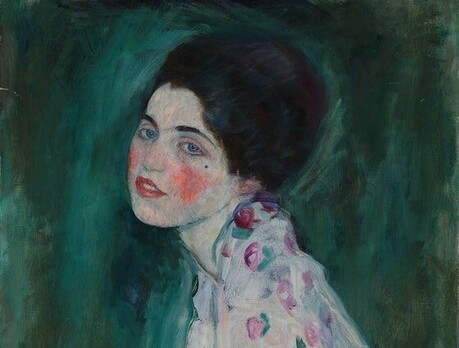A heated debate has erupted in Osnabrück's Cultural Committee over municipal funding for an innovative art project that combines artificial intelligence, agriculture, and contemporary art. The Kunsthalle Osnabrück art museum has secured €195,000 in federal funding for its ambitious "School of Cow Comfort" project, but the initiative faces opposition from local CDU representatives who question the city's required €63,000 contribution.
Kunsthalle director Juliane Schickedanz presented the project to the Cultural Committee on Thursday, September 18, expressing pride in the national recognition the initiative has received. The Federal Cultural Foundation selected the project for funding under its "Art and AI" program, placing Osnabrück's art hall alongside prestigious institutions like Berlin's House of World Cultures, Munich's House of Art, and Frankfurt's Jewish Museum. "The Kunsthalle is playing in the first league of German cultural institutions with the School of Cow Comfort," Schickedanz emphasized.
The federal funding comes with strings attached, however. The city must provide €63,000 in matching funds for 2026/2027 to secure the grant. According to the cultural administration's proposal, "The Kunsthalle will only receive the funding and be able to sign the grant application if the local contribution of €63,000 for 2026/2027 is guaranteed." The funding agreement between Osnabrück and the Federal Cultural Foundation must be signed by mid-November 2025 at the latest.
The timing creates a significant challenge for city finances. The city council must approve the funds in advance of the 2026/27 budget discussions, despite Osnabrück's well-known tight fiscal situation. The proposal acknowledges this difficulty, stating that "a decision in advance of future budgets means that the council foregoes weighing options during budget deliberations."
Committee members praised the project's comprehensive concept, which brings together artificial intelligence, agriculture, and art in an innovative approach. Green Party representative Kristina Pfaff called the initiative "fantastic," noting that "the project shows that art and culture are not an ivory tower, but reach out to people." The project involves collaboration with a local farmer, with the Kunsthalle having initiated discussions with CSA Hof Pente farm in Bramsche.
CDU representatives raised several concerns during the debate. Kerstin Meyer-Leive questioned why no Osnabrück-based farm was involved in the discussions, while Ingo Dauer, a non-voting CDU committee member, suggested that the county should contribute to the financing. CDU cultural policy spokesperson Brigitte Neumann asked what portions of this city-funded project would actually take place within Osnabrück, and Petra Knabenschuh pointed to unresolved questions in the proposal.
A funding gap of approximately €11,000 remains for the project. The proposal indicates that "additional grant applications will be submitted to the Sievert Foundation for Science and Culture as well as to Osnabrück County." If third-party funding cannot be secured in the required amount, "appropriate cost reductions will be implemented."
Despite acknowledging that federal money coming to Osnabrück "is always good," Neumann requested more time for consultation. This procedural move allows the CDU fraction to conduct internal discussions and gather additional information while postponing the committee vote on the proposal.
The delay could send problematic signals, argued several committee members. Sebastian Bracke advocated strongly for approving the resolution, emphasizing the importance of showing that "the Cultural Committee stands behind the project." Cultural Director Wolfgang Beckermann echoed this sentiment, stating that "we should be happy that such a high subsidy is coming from the federal government."
The discussion's tone sharpened considerably as CDU representatives maintained their objections. Meyer-Leive stated she could not understand the financing of the art hall project and emphasized her desire for "good stewardship of taxpayer money." This prompted harsh reactions from majority representatives, particularly Bracke from the Green Party.
Ultimately, the committee forwarded the School of Cow Comfort decision to the city council without a recommendation, rather than with the negative recommendation the CDU initially sought. The proposal will also pass through the Finance and Administration committees before the final council decision.
In an ironic twist, the same Cultural Committee unanimously approved another museum project requiring the city administration to raise €100,000 in third-party funding - nearly ten times the funding gap for the School of Cow Comfort. The CDU voted in favor of this Museum Quarter exhibition project without significant discussion, despite the city's challenging budget situation.
The controversy highlights the ongoing tension between cultural ambition and fiscal responsibility in German municipal politics, as local governments balance the prestige of federal recognition against increasingly tight budget constraints.






























